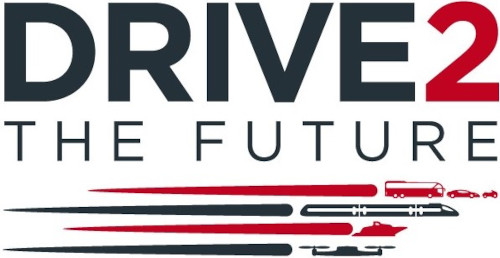CeCaS
Supercomputing Platform for Highly Automated Vehicles
Start: 05/2019
End: 10/2022
Vehicles operate in an increasingly networked, cooperative, and automated manner. As a result, human-machine interaction (HMI) is becoming increasingly complex in an environment characterized by information and data exchange and increasing automation, imposing new demands on road users.
The aim of the Drive2theFuture project is to prepare drivers and travelers for networked, cooperative, and automated means of transportation, thereby increasing their acceptance. At the same time, the project helps technology manufacturers understand and meet the needs and desires of people. Drive2theFuture tests different use cases, HMI concepts and training and compares them for different transportation carriers as well as user types. In this way, a sustainable market introduction of the application can be simulated, regulated, and optimized.
Within this EU project, the FZI is researching machine learning methods for the interaction between automated and non-automated vehicles, pedestrians and cyclists. For this purpose, the Test Area Autonomous Driving Baden-Württemberg (TAF BW) with its infrastructure sensors –along with a virtual copy of it – will be used to study the interactions in a virtual reality environment.
Intelligent solutions for the transportation of people and goods represent a focus topic of FZI’s application research. Particular attention is paid to public transport, the application of artificial intelligence, the further development of driving functions and their safeguarding, and open source & open data.
In this research focus, the FZI prioritizes the topics of Artificial Intelligence (AI) as well as human and AI engineering. In addition, the FZI deals with questions on dedicated AI hardware and predictive AI.

Horizon 2020
Project partners:
Supercomputing Platform for Highly Automated Vehicles
Cybersecurity for SMEs
Data management repository for care-supporting AI applications
Innovation with Cybersecurity for SMEs in Baden-Württemberg
Hardening of embedded RISC-V software by means of code transformations
Automatic Integration of Avionik Racks via Artificial Intelligence
Buildings as efficient and interoperable components of the future energy system
Hybrid building twins for increased energy efficiency
Flexible refrigeration systems against the background of increased decarbonization
European Digital Innovation Hub applied Artificial Intelligence and Cybersecurity